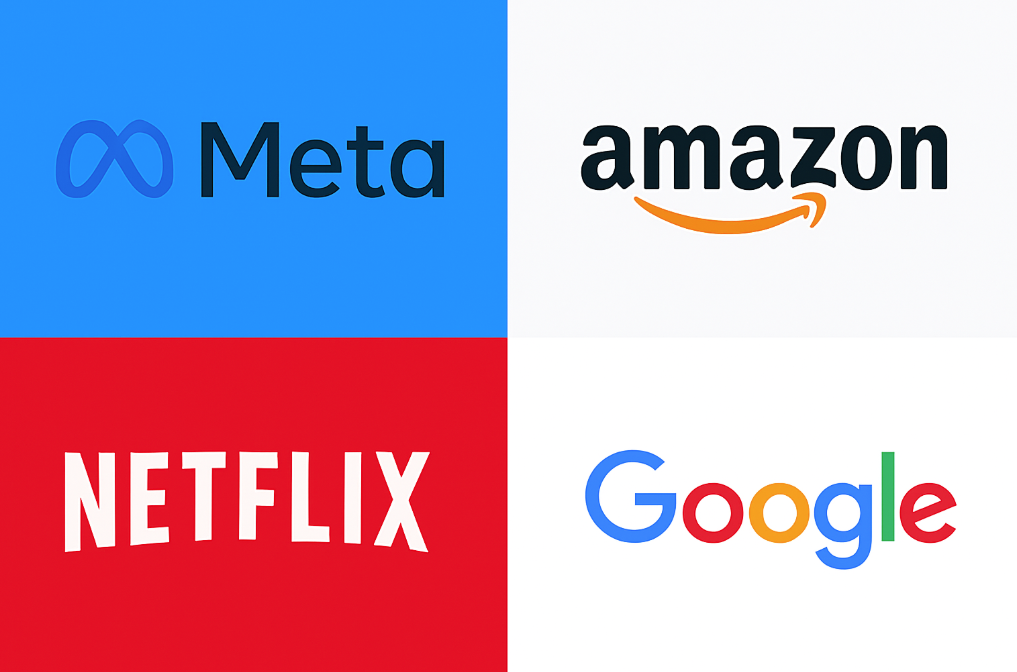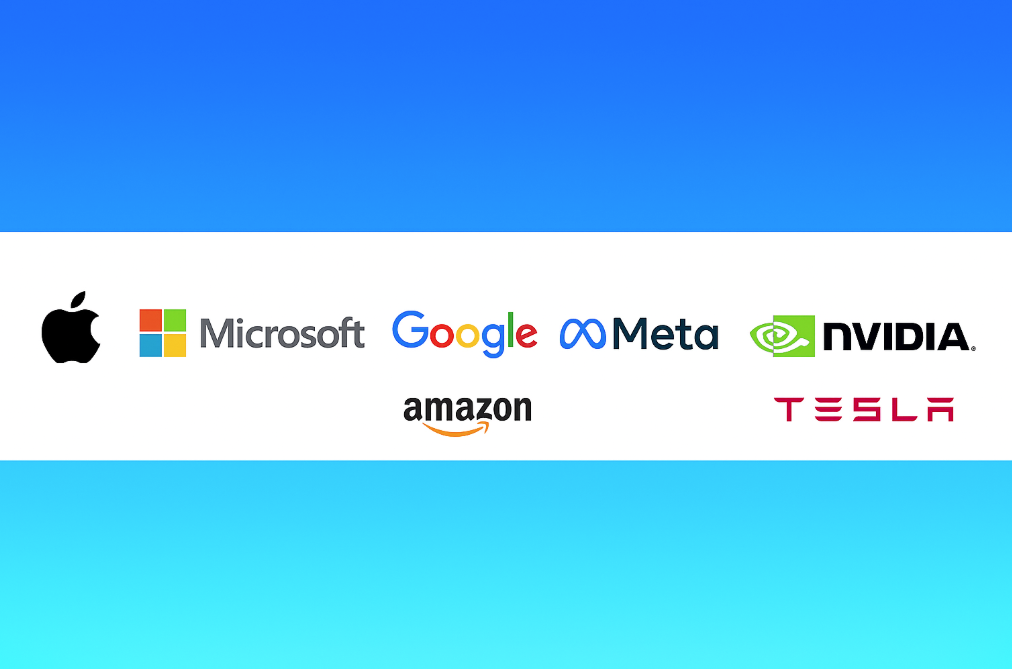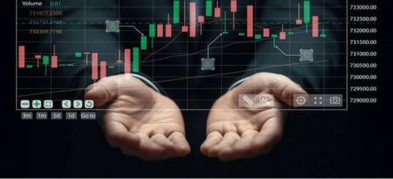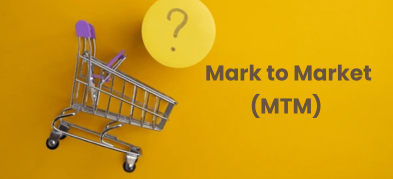
Ultima Markets App
Trade Anytime, Anywhere
Important Information
This website is managed by Ultima Markets’ international entities, and it’s important to emphasise that they are not subject to regulation by the FCA in the UK. Therefore, you must understand that you will not have the FCA’s protection when investing through this website – for example:
- You will not be guaranteed Negative Balance Protection
- You will not be protected by FCA’s leverage restrictions
- You will not have the right to settle disputes via the Financial Ombudsman Service (FOS)
- You will not be protected by Financial Services Compensation Scheme (FSCS)
- Any monies deposited will not be afforded the protection required under the FCA Client Assets Sourcebook. The level of protection for your funds will be determined by the regulations of the relevant local regulator.
Note: Ultima Markets is currently developing a dedicated website for UK clients and expects to onboard UK clients under FCA regulations in 2026.
If you would like to proceed and visit this website, you acknowledge and confirm the following:
- 1.The website is owned by Ultima Markets’ international entities and not by Ultima Markets UK Ltd, which is regulated by the FCA.
- 2.Ultima Markets Limited, or any of the Ultima Markets international entities, are neither based in the UK nor licensed by the FCA.
- 3.You are accessing the website at your own initiative and have not been solicited by Ultima Markets Limited in any way.
- 4.Investing through this website does not grant you the protections provided by the FCA.
- 5.Should you choose to invest through this website or with any of the international Ultima Markets entities, you will be subject to the rules and regulations of the relevant international regulatory authorities, not the FCA.
Ultima Markets wants to make it clear that we are duly licensed and authorised to offer the services and financial derivative products listed on our website. Individuals accessing this website and registering a trading account do so entirely of their own volition and without prior solicitation.
By confirming your decision to proceed with entering the website, you hereby affirm that this decision was solely initiated by you, and no solicitation has been made by any Ultima Markets entity.
I confirm my intention to proceed and enter this website Please direct me to the website operated by Ultima Markets , regulated by the FCA in the United KingdomFANG stocks refer to a group of influential U.S. tech-driven companies originally highlighted for their outsized growth and market impact. The term began as FANG, Facebook (now Meta Platforms), Amazon, Netflix, and Google (now Alphabet) and was later expanded by commentators to FAANG with the addition of Apple. In recent years, market conversation has also shifted toward broader groupings such as FAAMG (which swaps in Microsoft) and the Magnificent Seven.

What Are FANG Stocks?
FANG is an acronym coined and popularized in financial media to capture four internet-native leaders: Facebook/Meta, Amazon, Netflix, and Google/Alphabet. The label later evolved to FAANG when Apple was added, reflecting its scale and comparable influence on market returns and index weightings. These companies are known for rapid revenue growth, deep competitive moats, and heavy representation in major benchmarks.
Name changes matter for investors:
- Facebook change name to Meta Platforms (2021): the corporate rebrand did not alter the underlying ticker logic of the group, but you’ll see Meta used in modern references to FAANG.
- Google change name to Alphabet (2015): the holding-company structure means you’ll often see Alphabet (Google) in FAANG lists.
Related acronyms you’ll encounter:
- FAAMG / GAFAM: Meta (Facebook), Amazon, Apple, Microsoft, Alphabet (Google).
- Magnificent Seven: Alphabet, Amazon, Apple, Meta, Microsoft, Nvidia, Tesla, a 2023-era grouping used to describe the mega-cap leaders that have dominated index performance.

7 FANG Stocks (What Does it Mean)
When people search 7 FANG stocks, they usually mean the Magnificent Seven mega-cap tech leaders such as Apple (AAPL), Microsoft (MSFT), Alphabet Google, Amazon (AMZN), Meta Platforms Facebook, Nvidia (NVDA), and Tesla (TSLA). Originally, FANG covered four names, but today this seven-stock group is the common usage.
List of the 7 FANG Stocks
- Apple — AAPL
- Microsoft — MSFT
- Alphabet (Google) — GOOGL
- Amazon — AMZN
- Meta Platforms (Facebook) — META
- Nvidia — NVDA
- Tesla — TSLA
This modern seven-stock framing reflects how these mega-caps have driven a large share of S&P 500 and Nasdaq-100 returns in 2023–2025.
Why Are FANG Stocks Popular?
FANG stocks are popular because they dominate fast-growing digital markets, deliver strong earnings and cash flow, hold outsized weights in major indices, and offer high liquidity and analyst coverage, making them easy to research, trade, and own for broad tech exposure.
- Index influence: Large market caps give them heavy weights in the S&P 500 and Nasdaq-100, so their moves often drive overall market returns.
- Secular growth engines: Leadership in AI, cloud computing, digital advertising, e-commerce, and streaming supports durable revenue growth.
- Economic moats: Massive user networks, data advantages, and ecosystem lock-in create high switching costs.
- Cash generation: Strong margins and free cash flow fund buybacks, R&D, and long-term innovation.
- Liquidity & access: Tight spreads, deep options markets, and wide ETF inclusion make them easy to trade and allocate to.
- Brand familiarity: Ubiquitous products and platforms keep them top-of-mind for retail and institutional investors.
FANG vs Magnificent Seven: Growth & What Traders Need to Know
FANG started as four internet leaders (Meta/Facebook, Amazon, Netflix, Alphabet/Google). Magnificent Seven is today’s bigger-market-cap cohort (Apple, Microsoft, Alphabet, Amazon, Meta, Nvidia, Tesla) that drives a much larger share of index returns and AI capex. Hence, greater market impact and concentration risk.
How They Differ
- Scope: FA(N)G/FAANG is narrower; Magnificent Seven (Mag 7) adds Microsoft, Nvidia, Tesla (and often sidelines Netflix), reflecting who actually leads earnings and capex today.
- Market power: Mag 7’s combined weight has hovered ~30%+ of the S&P 500, amplifying their influence on broad-market moves.
- Tradable proxies: Beyond single stocks, traders use Nasdaq-100/QQQ or NYSE FANG+ (10 growth names, equal-weighted at rebalance) for exposure or hedging.
Growth Drivers
- Hyperscalers’ spending on AI infrastructure remains the key earnings narrative and is projected in the hundreds of billions this year, fueling cloud, chips, and software momentum.
- Mag 7 still outgrows the rest of the market on consensus earnings into 2025, though the gap may compress into 2026.
- With Mag 7 over 30% of the S&P 500, portfolios tied to cap-weighted indexes are more sensitive to these names’ earnings and guidance.
- 2025 narratives note new AI beneficiaries (e.g., Broadcom, Oracle, Palantir) nibbling at leadership important for satellite bets and pair trades.
What Traders Need to Know
- Index vs single-name risk: QQQ/tech ETFs give broad exposure but embed Mag 7 concentration. If you need precision (e.g., pure AI semis vs ad platforms), single-name or custom baskets are cleaner.
- Event cadence: Earnings, AI capex updates, and product keynotes can swing index levels due to the group’s weight. Trade around dates with defined risk (options, reduced size).
- Hedging tools: NYSE FANG+ futures/options and index options on QQQ/SPX can hedge Mag 7 beta without dumping core holdings.
- Valuation discipline: Leadership ≠ invulnerability. Watch FCF yield vs capex needs (AI build-outs), margin trends, and guidance quality; multiple compression can hit indices hard given the weights.
- Diversification: Consider equal-weight sleeves or factor tilts to reduce single-cohort drawdown risk while keeping tech exposure. (Inference based on concentration data.)
FANG vs FAANG vs FAAMG vs Magnificent Seven
- FANG = Meta (Facebook), Amazon, Netflix, Alphabet (Google).
- FAANG = FANG + Apple.
- FAAMG = Meta (Facebook), Amazon, Apple, Microsoft, Alphabet (Google).
- Magnificent Seven = Apple, Microsoft, Alphabet, Amazon, Meta, Nvidia, Tesla.
They’re shorthand labels for U.S. mega-cap tech leaders; each expansion reflects who’s driving growth, earnings, and index weight at the time.
How To Invest In The FANG Stocks
Buy Individual FAANG Stocks
If your thesis is company-specific (e.g., Meta’s ad platforms, Amazon’s retail + AWS, Apple’s ecosystem, Netflix’s streaming, Alphabet’s search + cloud), direct ownership gives you precision—along with single-stock risk.
Use Tech-Heavy Index ETFs
- Invesco QQQ (QQQ): Tracks the Nasdaq-100, a tech-tilted index that includes many FAANG/“Mag 7” names. Efficient for broad large-cap tech exposure.
- Vanguard Information Technology ETF (VGT): Focused sector exposure to U.S. information technology companies. Useful if you want a pure-play tech sleeve rather than a broader Nasdaq-100 mix.
Blend Approaches
Some investors pair a tech index (e.g., QQQ) with select single-stock overweights (e.g., a view on Nvidia’s AI or Meta’s ad recovery), or use dollar-cost averaging to manage entry timing. (General synthesis from sources above.)
Conclusion
FANG, FAANG, FAAMG, and the Magnificent Seven all describe market-leading tech names, but the investment takeaway is the same. Leadership can concentrate returns and risks. If you want exposure, know exactly which cohort your portfolio tracks, watch index weights and earnings calendars, and size positions with discipline.
At Ultima Markets, we help traders turn headlines into a plan. Explore our Academy for plain-English explainers, use our platform tools to monitor earnings and index moves, and apply risk controls like position sizing and stop orders so you stay in charge of your decisions. Trade informed. Trade responsibly.
Disclaimer: This content is provided for informational purposes only and does not constitute, and should not be construed as, financial, investment, or other professional advice. No statement or opinion contained here in should be considered a recommendation by Ultima Markets or the author regarding any specific investment product, strategy, or transaction. Readers are advised not to rely solely on this material when making investment decisions and should seek independent advice where appropriate.












